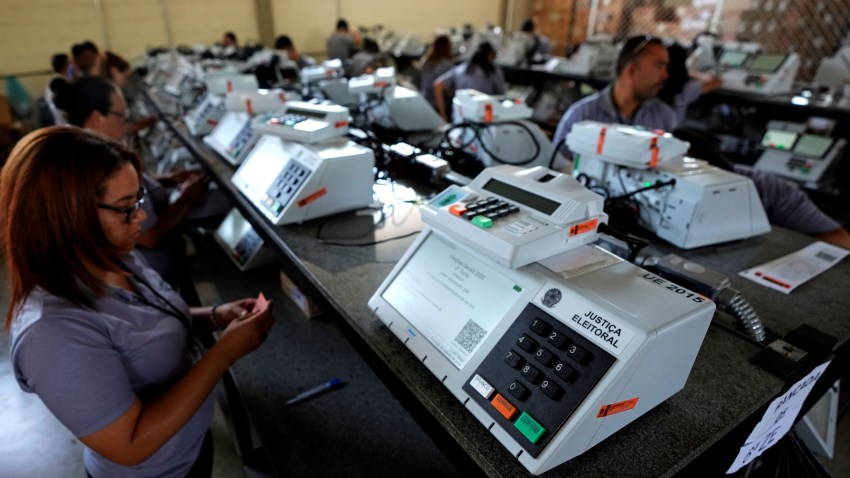“Brazil’s democracy was attacked, but it survived,” said Alexandre de Moraes, the president of Brazil’s Superior Electoral Court, or TSE, in New York on Monday. With the stakes set high and amid predictions of election-related violence, the Brazilian electoral system stood out remarkably for treating democracy with the urgency and care it deserves.
To grasp what other democracies around the world might learn from Brazil and its recent election, we need to understand not only the country’s information landscape, but also some broader, global trends.
Strategic lying and the spreading of unsubstantiated rumors are increasingly features of electoral democracies, rather than bugs. Fake news and the claims they propagate are now commonplace across both mainstream and social media, mainly because so many political forces benefit from even some voters believing them. While the problem tends to be worse in bigger democracies due to their socio-economic diversity—starting with India, the very biggest democracy—even smaller ones, like Sweden and Finland, have had brushes with online lies and rumors intended to sway electoral outcomes.

